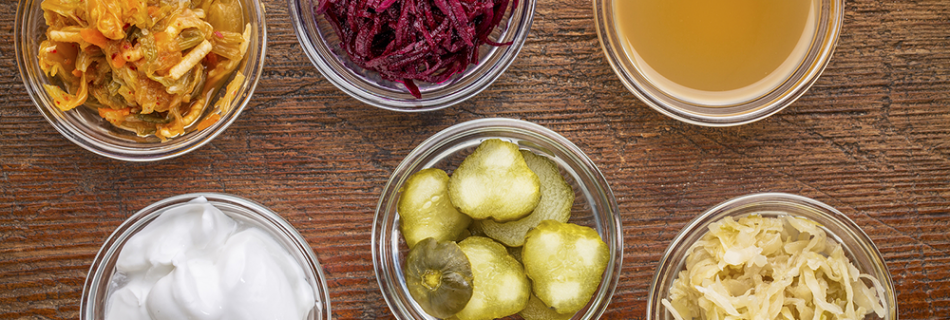Health begins in the gut

 Written by College of Naturopathic Medicine
Written by College of Naturopathic Medicine
Why is a healthy gut important?
More than 2000 years ago, the Greek philosopher Hippocrates said that ‘all disease begins in the gut’. It seems he was on to something: new evidence shows that optimal health throughout the whole body starts in the gut. Beneficial bacteria play an essential role as our first line of defense in supporting efficient digestive function and gut immunity. We all have trillions of different bacteria and microbes in our bodie – especially in our digestive system – and we all have a completely different mix. Our guts are as individual as our fingerprints.
Healthy guts = overall well being
A number of factors can compromise the right balance of beneficial bacteria throughout the body, including antibiotic therapy, infection, stress, travel or a period of unhealthy nutrition. An imbalanced gut flora has long been associated with digestive conditions such as constipation, loose stools, Irritable Bowel Syndrome (IBS), Irritable Bowel Disease (IBD) etc.
Furthermore, this imbalance can also be the cause of food sensitivities, allergies and atopic conditions such as eczema, asthma, hay fever and rhinitis, plus a range of other auto-immune diseases.
And we know that stress not only affects the microbiota, but that the microbiota impacts our stress response in a two-way communication – the so-called gut-brain-axis. Gut bacteria can send chemical messages to the brain through the secretion of neurotransmitters, affecting conditions such as anxiety and depression.
So it’s clear that a healthy gut plays an important role for our whole body health and general well being.
7 top tips for good gut health
Keep your gut microbiota balanced by supporting the growth of friendly bacteria:
- Opt for organic produce and include fibre from vegetables in your diet
- Include some fermented foods (e.g. sauerkraut, kefir, kimchi and kombucha)
- Include some prebiotic options (e.g. onions, garlic and leeks)
- Consume herbs such as cinnamon, oregano and pau d’arco
- Avoid caffeine, sugar, alcohol and smoking
- Supplement your microflora by taking prebiotics and probiotics to restore the balance
One last tip: fasting
One of the simplest things you can do to give your bacteria a chance to bloom in a way to support your health, is to have a long stretch of at least 12 hours with no food between dinner and breakfast. Studies indicate that this long stretch can lead to more variety of bacteria in the gut and for particular beneficial types of bacteria to bloom. Put simply, it just means avoiding returning to your fridge for a late night nibble. For instance, if you finish eating dinner at 7pm, don’t eat a single morsel of food again till 7am. You can drink water if you need it.
CNM (College of Naturopathic Medicine) trains students for careers in natural therapies, and offers short courses. To learn more about CNM’s unique naturopathic approach, join us for an inspiring day of lecturers at our Bristol Open Day – Saturday 20th January 2018: 10.30am – 5.30pm
Book your tickets at: https://www.eventbrite.co.uk/e/bristol-open-day-saturday-20th-january-2018-registration-39871226913
